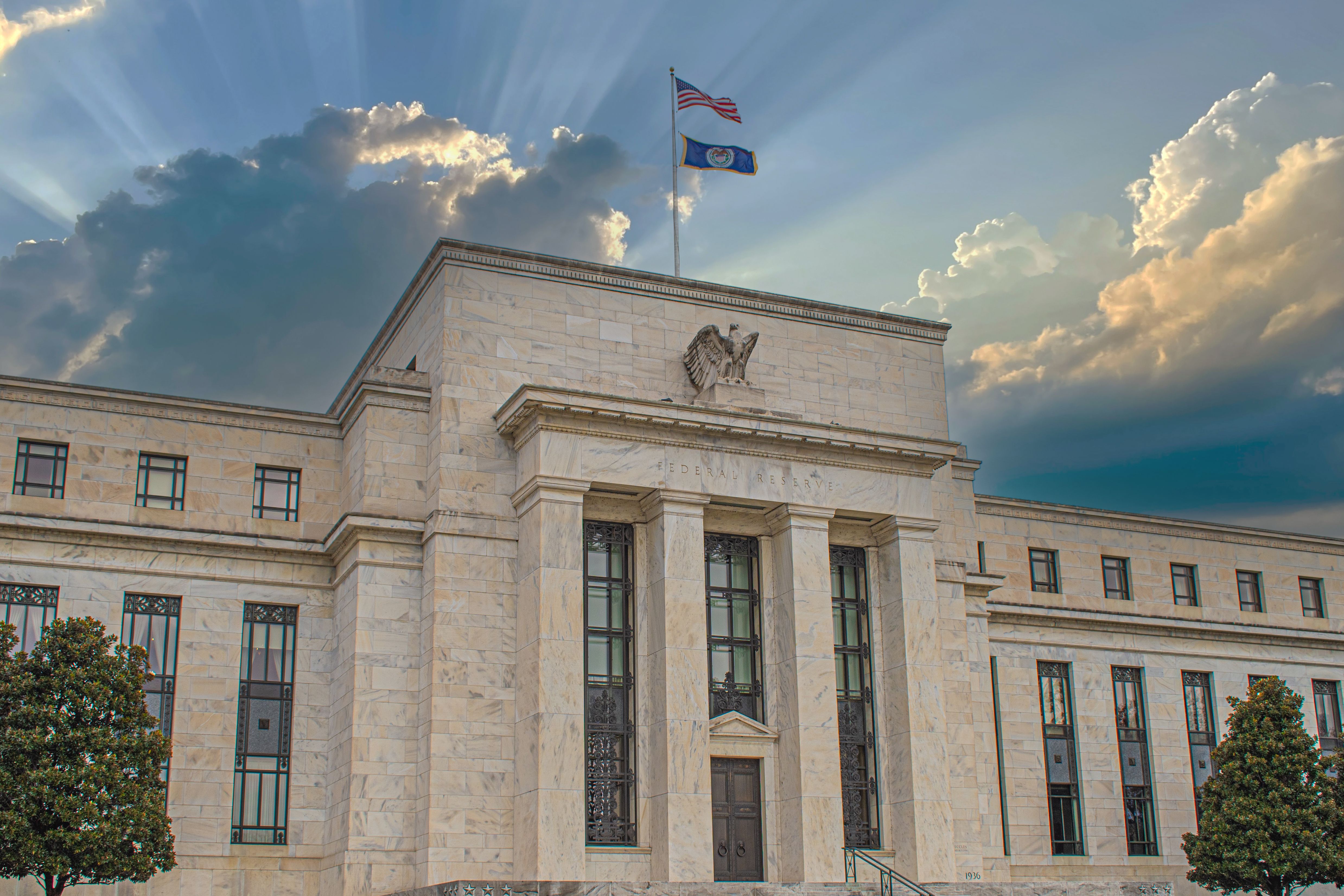Federal Reserve's Waller Advocates for Rate Cuts Amid Economic Concerns
Understanding the Federal Reserve's Recent Stance
In a significant move, Federal Reserve Governor Christopher Waller has recently indicated support for potential interest rate cuts. This comes amid growing economic uncertainties that have stirred conversations about the U.S. economy's resilience. The Federal Reserve's decision-making process is crucial, as it directly impacts inflation, employment, and overall economic stability.

The Federal Reserve, often referred to as "the Fed," plays a pivotal role in shaping monetary policy. Its decisions are guided by a dual mandate: to promote maximum employment and stable prices. However, with the current economic landscape presenting challenges, Waller's advocacy for rate cuts suggests a strategic shift aimed at sustaining economic momentum.
Economic Concerns Fueling the Discussion
Several factors are contributing to the growing concerns about the U.S. economy. A slowdown in global growth, trade tensions, and geopolitical uncertainties have all cast shadows on future economic prospects. These elements are compelling economists and policymakers to reconsider their approach to monetary policy.
Waller's remarks underscore these concerns, highlighting the need for preemptive measures to cushion the economy against potential downturns. His perspective is that adjusting rates proactively could provide a buffer, helping to maintain consumer confidence and business investment.

Potential Impacts of Rate Cuts
If implemented, rate cuts by the Federal Reserve could have several immediate and long-term effects on the economy. Here are some potential impacts:
- Stimulating Consumer Spending: Lower interest rates generally lead to cheaper borrowing costs, encouraging consumers to take loans for big purchases like homes and cars.
- Boosting Business Investment: Businesses may be more inclined to invest in new projects and expansion when borrowing is less expensive.
- Influencing Inflation: While intended to stimulate growth, rate cuts can also lead to higher inflation if not carefully managed.
These effects highlight the delicate balance the Federal Reserve must maintain when adjusting rates. The decision is not simply about lowering rates but ensuring that such actions align with broader economic objectives.
The Broader Implications for Financial Markets
The anticipation of rate cuts has already begun to influence financial markets. Investors often react swiftly to changes in monetary policy, as these decisions affect everything from stock prices to bond yields. A reduction in rates typically leads to a more favorable environment for equities, as lower borrowing costs boost corporate profits.

However, it's important to note that market reactions can be volatile and unpredictable. While some sectors may experience growth, others could face challenges depending on how rate cuts are perceived globally.
The Path Forward
As the Federal Reserve navigates these complex economic waters, Waller's advocacy for rate cuts highlights the institution's commitment to proactive measures. This approach aims to address potential slowdowns before they manifest into more significant issues.
In conclusion, the conversation around rate cuts is not just about immediate economic relief but also about preparing for future uncertainties. The Federal Reserve's decisions will continue to be closely watched as they endeavor to strike a balance between supporting growth and maintaining stability.
